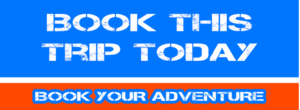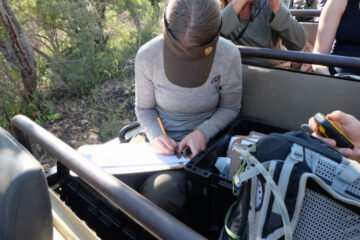Fiji has over 700 primary schools and 150 secondary schools spread across both the public and private sectors. Most expats send their children to a private schools, with the majority selecting the international schools located in either Suva or Nadi. Public schools in Fiji are open to expat enrolment, but are rarely used due to somewhat erratic educational standards. Furthermore, parents are often reluctant to send students to these schools as they find the curriculum one-sided and children who regularly move in and out of school systems may find the experience limited. While public schools are theoretically mixed-race, socio-economic issues and the geographic distribution of ethnic groups mean that, in practice, the schools often comprise of a single race. In many villages, there will be a small school with teachers doing their best to serve the students spread across a variety of educational levels.
Fiji is a country in much need of external help, especially with its young population. You will experience life in both the rural and urban areas, which is quite different from the average journey followed by a tourist. Most locals in Fiji can’t afford to travel and in the villages there is little chance of contact with the outside world. Your teaching enables students to form relationships with someone from another culture and the teachers can learn different teaching methods and techniques. You will mainly assist the regular school teacher, so you do not need to have any teaching background.
The children in Fiji are in desperate need of two types of teachers, those with experience and those without, we have found both can make very significant and worthwhile contributions. The experienced teacher will find the freedom to be creative and design their own lesson plans, a refreshing change for some of our more mature participants, who tell us it takes them back to the “good old days”. Those with less or no experience will have whatever support and guidance that is needed from our Teaching Centre, a relaxed environment matching the Fijian way of doing things, but with up to date teaching methods from experienced teachers. You have to love children and understand their behaviour, as you will be surrounded by loads of them every day and their friendliness can sometimes become over exuberant, but they are children after all.
Aims & Objectives
The objective is to teach and educate the different age group of children in different levels. The participants educate the children in different ways, as they feel fit.
Monday to Friday
Program Activities
- Planning lessons
- Doing crafts
- Computer classes
- Conversation
- English language teaching
- Level exams
- Dynamic activities
You will teach primary school students. As a teaching assistant, you will follow a customized timetable. If you have artistic skills, you have the opportunity to teach music or arts and crafts. You will be spending part of your day in a formal teaching setting and therefore you will have to follow the Fijian Ministry of Education’s formal dress code.
This schedule can be changed and/or amended depending on weather conditions, local conditions and unforeseen circumstances.
| Minimum age: | – |
| Maximum age: | – |
| Minimum English level: | Basic |
| CRB required: | On Signup |
| Passport copy required: | On Signup |
| Resume copy required: | No |
| Required qualification: | None |
Additional Requirements
We have a dress code for teaching which is formal tops with sleeves, collar and skirts below the knees for the females and a shirt and formal sulu (Traditional wear for Fijian males) / long pants for males.
Participants above 16 and below 18 are required to present a parental consent letter and participants below 16 are required to be accompanied by a parent/guardian.
Additional Equipment
● Personal Medicines
● Tidy clean clothes for formal occasion







Tour Reviews
There are no reviews yet.
Leave a Review